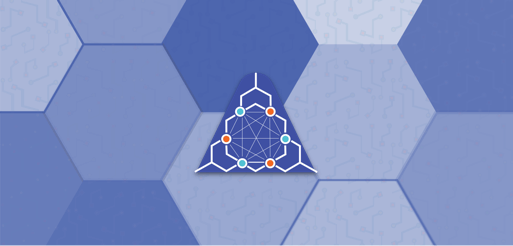
Anthill Inside 2018
On the current state of academic research, practice and development regarding Deep Learning and Artificial Intelligence.
Jul 2018
23 Mon
24 Tue
25 Wed 08:45 AM – 05:25 PM IST
26 Thu
27 Fri
28 Sat
29 Sun

On the current state of academic research, practice and development regarding Deep Learning and Artificial Intelligence.
Jul 2018
23 Mon
24 Tue
25 Wed 08:45 AM – 05:25 PM IST
26 Thu
27 Fri
28 Sat
29 Sun
Submitted Jun 28, 2018
We showcase three live-demos of doing deep learning (DL) in the browser - for building explorable explanations to aid insight, for building model inference applications and even, for rapid prototyping and training ML model - using the emerging client-side Javascript libraries for DL.
The browser is the most common end-point consumption of Deep learning models. It is also the most ubiquitous platform for programming available. The maturity of the client-side JavaScript ecosystem across the deep learning process e.g. dataframe support (arrow.js), WebGl accelerated learning frameworks (deeplearn.js), declarative interactive visualisation (vega-lite.js), have made it easy to start playing with Deep Learning in the browser.
This talk is designed in the “Show, not Tell” format. We will focus on showcasing three particular use case (live-demos) where deep learning models can be used for explanations, inference and training on the browser directly. The demos will also show the application from three different types of data - tabular, text and image.
Explorable Explanations: Explaining the DL model and allowing the users to build intuition on the model helps in generating insight. We showcase an explorable explanation for loan default DL model, which allows the user to explore the feature space and threshold boundaries using interactive visualisations to drive decision making.
Model Inference: Inference is the most common use case and the browser allows you to ‘bring your DL model to the data’. It also allows you test how the model works, when executed on the edge. We showcase an comments sentiment application in the browser, which can identify and warn about the toxicity of the comments as you type in a text box.
Rapid Prototyping: Training of DL models is now possible in the browser itself, if done smartly. We showcase a rapid prototyping image classification example which allows the user to play with transfer learning to build a model specific for a user-generated image input.
We will end the talk on how we see the ecosystems of tools for DL in the browser emerging and making it easy for everyone to start doing this.
For those more curious about how all these demos will actually happen, we will be leveraging the following newer libraries (and some traditional ones like d3.js) in javascript.
The working demos will be available on the web and open-source code on Github. An initial draft of the slides is attached.
Amit Kapoor teaches the craft of telling visual stories with data. He conducts workshops and trainings on Data Science in Python, R and Javascript, as well as on Data Visualisation topics. His background is in strategy consulting having worked with AT Kearney in India, then with Booz & Company in Europe and more recently for startups in Bangalore. He did his B.Tech in Mechanical Engineering from IIT, Delhi and PGDM (MBA) from IIM, Ahmedabad. You can find more about him at http://amitkaps.com/ and tweet him at @amitkaps.
https://speakerdeck.com/amitkaps/deep-learning-in-the-browser
Jul 2018
23 Mon
24 Tue
25 Wed 08:45 AM – 05:25 PM IST
26 Thu
27 Fri
28 Sat
29 Sun
Hosted by
{{ gettext('Login to leave a comment') }}
{{ gettext('Post a comment…') }}{{ errorMsg }}
{{ gettext('No comments posted yet') }}